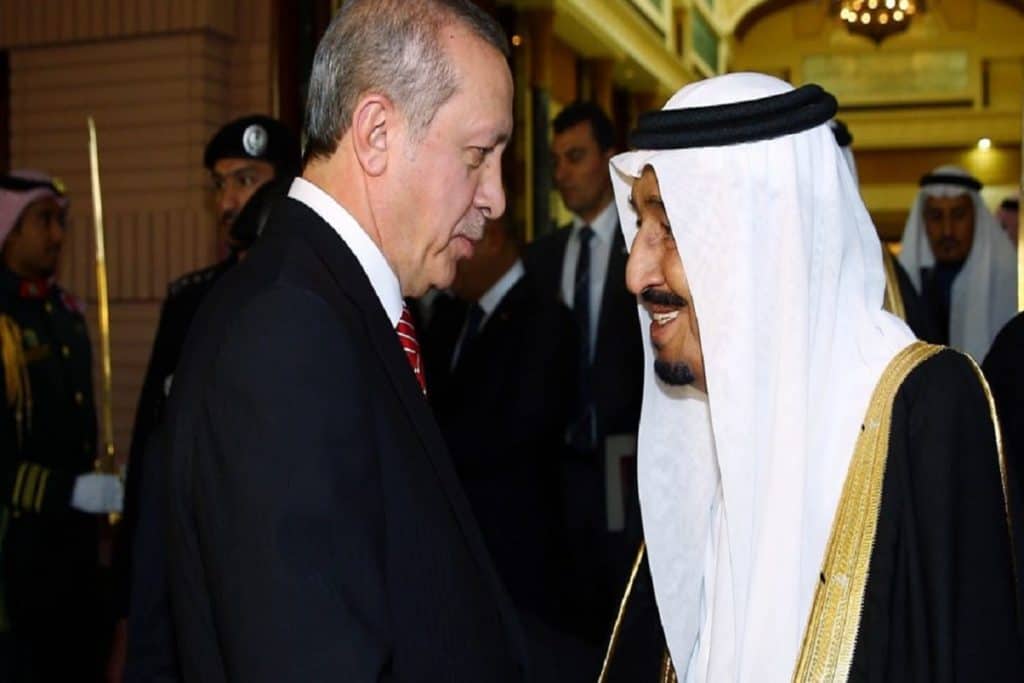By Denis Korkodinov
The rivalry between Turkey and Saudi Arabia adversely affects their international prestige. However, the consolidation of these countries can become a powerful challenge on the world stage.
As a result of the long tensions between Ankara and Riyadh, the parties to the conflict began to realize that their rivalry is an extremely costly undertaking. In addition, both states are in an extremely vulnerable position, which undermines their national security systems, especially when they occupy diametrically opposed positions.
Meanwhile, there are major obstacles to restoring the benevolent Turkish-Saudi dialogue, primarily due to their different perceptions of the consequences of the “Arab spring”. The murder of Cemal Hashoggi in Turkey further increased the gap between Ankara and Riyadh.
It is worth noting that the killing of Cemal Hashoggi was intended solely to warn Turkey of the undesirability of providing shelter on its territory to representatives of the Saudi opposition. However, the effect of such a PR move turned out to be the opposite: members of the royal family had to publicly justify themselves before the international community, and, moreover, apologize to the son of a murdered journalist.
Riyadh did not burn with friendship towards Turkey. So, the Saudis made a blockade of Qatar, which maintains an alliance with Ankara. In addition, the US-Iran conflict, in which the Saudis and Turks found themselves in hostile camps, clearly did not contribute to ensuring regional security.
Ankara considers the alliance of Riyadh and Abu Dhabi as a threat, which purposefully creates significant problems for Turkey in the Middle East. In addition to the Turkish government, Qatar, Kuwait, Iraq, Oman and Jordan see the threat in this alliance, whose territorial integrity as a result of the bilateral Arab consortium becomes doubtful. However, of all the countries represented from the camp of opponents of Riyadh, only Ankara and Doha had the courage to resist the Saudis, while all others preferred to preserve neutrality.
Equally important is the fact that the tension between Saudi Arabia and Turkey creates difficulties for them in the process of neutralizing Iran. In turn, this allows Washington and Tel Aviv to regard the Saudis and Turks as unreliable partners. At the same time, the positions of Riyadh and Ankara in front of the White House administration are obviously weak.
The Saudis have money, but no a powerful defense system, as a result of which they are forced to rely on the US defense. Turkey, on the contrary, has a reliable defense system, but does not have money, which forces it to flirt with Washington in order to receive American investments. This creates grounds for the manipulation of these countries by Donald Trump.
However, if Saudi Arabia and Turkey can unite and forget about mutual claims, then such a union could be a weighty argument in order to contain the influence of the White House in the region. Such a state of affairs would be a vivid example of the ability of the Arabs to negotiate with the Turks in the face of a common threat.
(The opinions expressed in this article are solely those of the author and do not necessarily reflect the views of World Geostrategic Insights).







